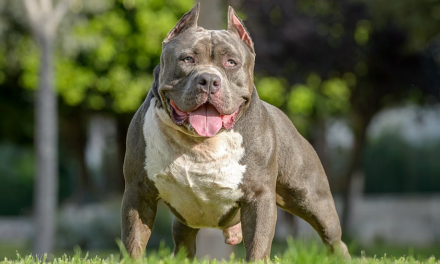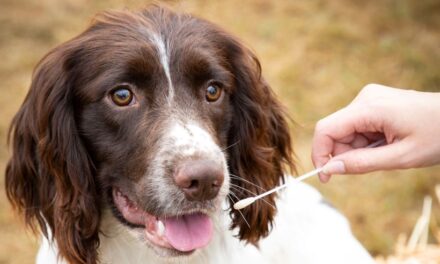Vets and dog breed experts have voiced concerns about potential unintended consequences of the Animal Welfare (Import of Dogs, Cats and Ferrets) Bill, which recently had its second reading in Parliament.
An open letter addressed to the Department for Environment, Food and Rural Affairs (DEFRA) calls for adjustments to the proposed legislation to avoid harming vulnerable dog breeds in the UK.
The Bill aims to tackle illegal puppy smuggling by banning the import of puppies under six months old, a measure intended to address biosecurity risks and reduce unethical practices. While recognising the importance of combatting illegal imports, the letter highlights that a blanket ban on young puppies could adversely affect breeds with small populations or those already classified as vulnerable.
Risks to Genetic Diversity and Vulnerable Breeds
The open letter, backed by The Kennel Club, stresses the importance of genetic diversity for the long-term health of dog breeds. Since the relaxation of pet travel rules in 2012, the number of imported dogs registered with The Kennel Club has nearly doubled, supporting greater genetic diversity among pedigree breeds.
Breeds such as the Irish Wolfhound, Skye Terrier, Bearded Collie, Sussex Spaniel, and Barbet depend on the importation of breeding lines to maintain genetic diversity. The letter warns that restricting imports could narrow gene pools, increasing the risk of inherited diseases and reducing fitness and fertility in these breeds.
Concerns Over Puppy Development
Another issue raised is the impact on puppy development. Early experiences are crucial for social and mental growth, and delaying relocation until six months of age could disrupt training and socialisation. The experts argue that such delays could lead to unnecessary stress and negatively affect the puppies’ long-term health and behaviour.
The letter suggests that puppies intended for breeding purposes should be allowed to travel earlier, provided they meet strict protocols and documentation standards. This approach, similar to systems used for livestock, could balance the goals of the Bill with the need to protect the genetic health and diversity of vulnerable breeds.
Collaboration Sought to Address Issues
The Kennel Club is urging dog enthusiasts to support these concerns by contacting their MPs. The organisation believes that the Bill, while well-intentioned, needs refinements to safeguard the future of vulnerable dog breeds without compromising its primary aim of reducing illegal imports.
The letter concludes with a call for DEFRA to consider implementing mechanisms that would enable responsible breeders and importers to continue their work under regulated conditions. The group welcomes further dialogue with policymakers to ensure that the legislation supports both animal welfare and the preservation of genetic diversity in the UK’s dog population.








